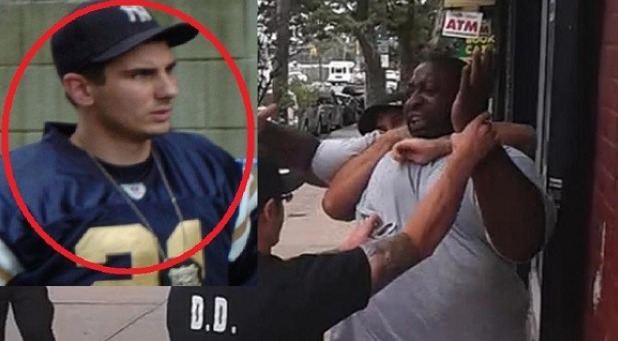See an error in this article?
To contact us or to submit an article

See an error in this article?
To contact us or to submit an article
Click and play our featured shows
There is only one path forward for the embattled prime minister of Israel: the return of the hostages taken during the Oct. 7, massacre and the complete elimination of the terrorist organization known as Hamas. As the world recoiled from...
https://www.youtube.com/watch?v=uoE9bR5UxLE&t=1224s How does the rapture connect to Israel? Discussing the end times significance of the rapture, Amir Tsarfati explained how certain Scriptures about the end times, the tribulation and the rapture deal with specific places and future events that will...
https://www.youtube.com/watch?v=N32lnZ1ejt0 This video aims to present various possibilities for the current location of the elusive Ark of the Covenant, mentioned throughout the Old Testament but most notably in the Book of Exodus. Does the Ark remain hidden, enduring thousands of...
There is a lot of speculation that historic events that people have been anticipating for more than 2,000 years are about to happen in our time. About a month ago, there was a lot of discussion on the internet about...
We live in an age when people are openly rejecting the cures to society’s ailments. When repentance and humility offer a path back into God’s blessing and protection, sojourners instead reject them and embrace atheism and humanism. But it is...
https://www.youtube.com/watch?v=BxPsafu9G5U Dangerous storms swept across the Plains overnight, ravaging parts of the Midwest. In Bartlesville, Oklahoma, a monster tornado touched down destroying several homes and businesses. Employees working at a Hampton Inn caught the horrifying moment the storm hit the...
https://www.youtube.com/watch?v=GbSbRZ0vuYo A 9-year-old is being hailed a hero after he sprinted over a mile in the middle of a deadly tornado to rescue his parents. Branson Baker was with his mom and dad April 27, when a brutal tornado—one of...
https://www.youtube.com/watch?v=GoLgCOBTlFs Here’s a quick rundown of the top stories on charismanews.com: ‘Absolute Miracle’: Texas Boy Survives After Being ‘Sucked Up’ by Deadly Tornado https://youtu.be/esrYgG48uaI A family is rejoicing in an “absolute miracle” after a 7-year-old boy survived being thrown by...
I was raised a Southern Baptist, but at age 18 I had a Pentecostal experience while still a Baptist. People jokingly refer to me now as a “Bapticostal” because they consider this a strange combination of doctrines. That’s because many...
https://www.youtube.com/watch?v=f2DyhGQcegQ In an exclusive interview with Stephen Strang, Benny Hinn addressed his two major regrets in regard to prosperity gospel and prophecy. “I’m a human being. I’ve made mistakes,” Hinn says. When it comes to ministry, Hinn says his first...
What is the “Jezebel spirit?” Some have likely pondered this question in the wake of recent drama surrounding controversial Pastor Mark Driscoll. Radio host and author Dr. Michael Brown told CBN the “Jezebel spirit” is tied to a demoniacal figure in the...
https://www.youtube.com/watch?v=f2DyhGQcegQ Pastor. Preacher. Author. Charlatan. Evangelist Benny Hinn has been called a lot of things and held many titles over the years, and whether people love him or hate him, they still cannot stop talking about him and his recognizable...